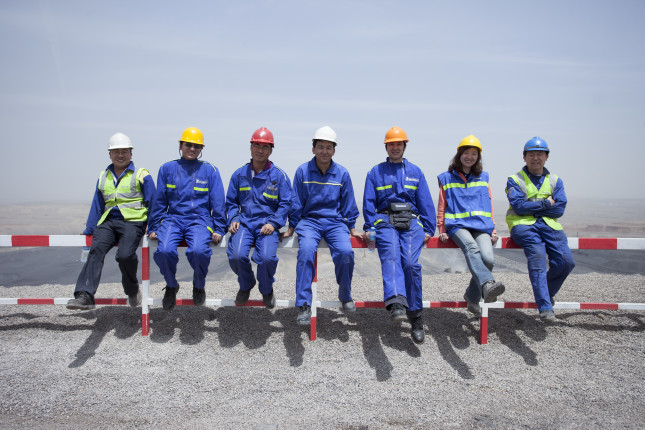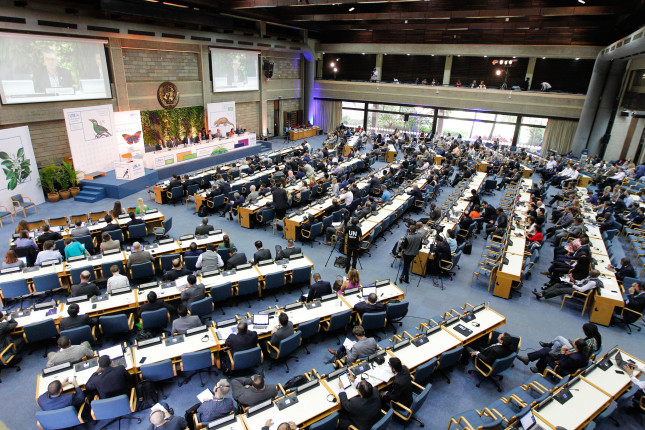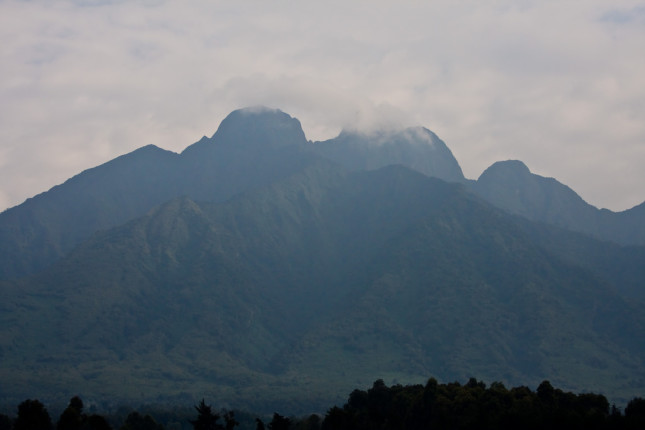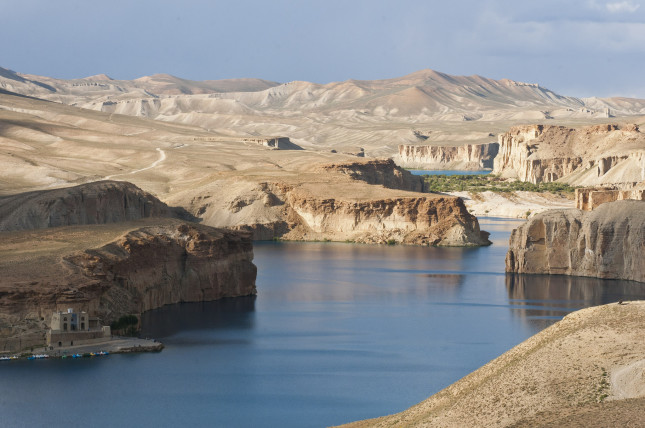-
Mining Giant Behind Deadly Dam Collapse Took Lax Approach to Corporate Responsibility
›On January 25, 2019, an iron ore mining dam collapsed in Brumadinho, Brazil. The accident was probably the worst mining dam incident in the last three decades, according to the UN. So far, 203 people have been found dead and 105 are still missing, buried underneath the wave of almost 13 million cubic meters of mining waste. At least 305 kilometers of the Paraopeba river are now covered in toxic mud. Vale SA, the company that built the dam, is the world’s largest iron ore producer.
-
Coal Communities Struggle to Diversify
›
Blanketed by freshly fallen snow, mountains of the Teton Range loomed above as I explored the picturesque town of Jackson, Wyoming. A native Bostonian, I had no experience in the heart of the country, but that week I wasn’t the only outsider wandering Jackson’s icy streets. In November 2018, experts from all over the world gathered in Jackson to attend the Jackson Hole Center for Global Affairs Forum with one common goal: to identify the challenges and opportunities for coal communities worldwide as they transition their economies away from coal.
-
Targeting Infrastructure Undermines Livelihoods in the West Bank
›
In many Middle Eastern wars, targeting civilian infrastructure has become all too common. As we documented in a previous article, both state and non-state actors in wars since 2011 in Libya, Syria, and Yemen have targeted water, sanitation, and energy facilities to displace urban populations, punish civilians, and render local attempts to provide public services untenable. Destroying environmental and civilian infrastructure directly undermines livelihoods and human security.
-
From Resolution to Solution: UNEA’s Unique Opportunity to Tackle Environmental Dimensions of Armed Conflicts
›
When the Fourth Session of the UN Environment Assembly (UNEA-4) takes place in Nairobi starting March 11, governments, international organizations, and civil society organizations will discuss issues on the theme of innovative solutions for environmental challenges and sustainable consumption and production with over 30 draft resolutions submitted for discussion. With few international forums where the environmental dimensions of conflict can be properly discussed, we were optimistic about the past resolutions tackling this topic.
-
Democracy Under Assault: Guatemala Attempts to Silence Eco-populists
›
While the U.S. has been fixated on President Trump’s contentious border wall project, another more ominous threat facing Guatemalans is building internally. In a swift reversal, many politicians and scholars who have previously argued for directing increased U.S. aid to communities in Central America’s Northern Triangle—Guatemala, El Salvador, and Honduras—as a humanitarian alternative to the border wall, are now calling on Congress to suspend some forms of aid to Guatemala, which they now see as the more humane option.
-
Missing Peace: Why Transboundary Conservation Areas Are Not Resolving Conflicts
›
Transboundary Conservation Areas, such as Parks for Peace, have been heralded for their potential to simultaneously contribute to biodiversity conservation and peace, but evidence to this effect has been elusive. In fact, more indications suggest that transboundary conservation areas, including Parks for Peace, rely on pre-existing international peace between countries for formalization and on-going non-violent relations for continuity. Although they are primarily designed for ecological peace (based largely on arguments of ecological connectivity), they are not immune to environmental harms. Perhaps even more challenging is how “fortress conservation” and “green securitization” compromise social peace.
-
Warzone Conservation in Afghanistan: Build a National Park, Build Democracy
›
“For people who have been refugees for the last 30 years, protecting Afghan wildlife was a way of protecting your own identity,” said Alex Dehgan, CEO and founder of Conservation X Labs, who recently spoke at the Wilson Center at the launch of his book, The Snow Leopard Project: And Other Adventures in Warzone Conservation. He credited his success in Afghanistan to crucial community members. By tapping into their local pride in conservation, Dehgan was able to establish the foundations for the country’s first national park, Band-e-Amir National Park, which opened 2009 in order to protect the endangered snow leopard and the rich biodiversity of Bamyan Province.
-
New Developments in the Field of Environmental Peacebuilding
›
For those working at the intersection of environment, conflict, and peace, 2018 was a notable year. A new conceptual and operational framework for environmental peacebuilding began to emerge. Two particularly substantial developments in 2018 helped to institutionalize environmental peacebuilding: the debut of a massive open online course (MOOC) on environmental security and sustaining peace and the launch of the Environmental Peacebuilding Association.
Showing posts from category security.










